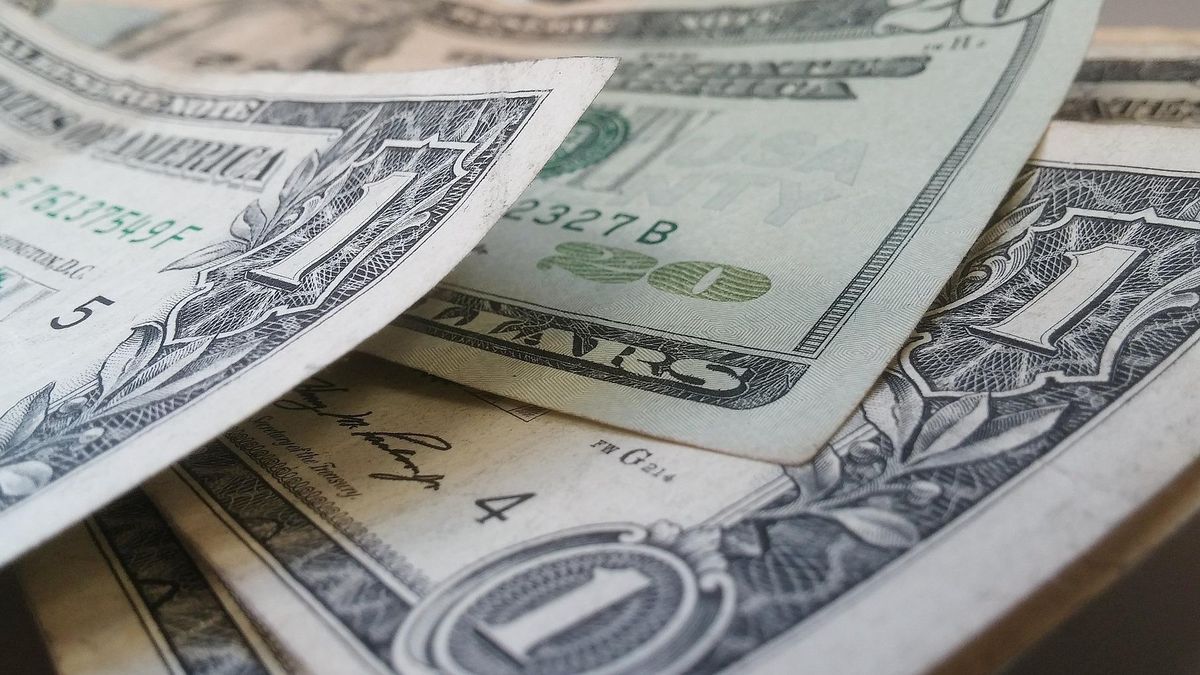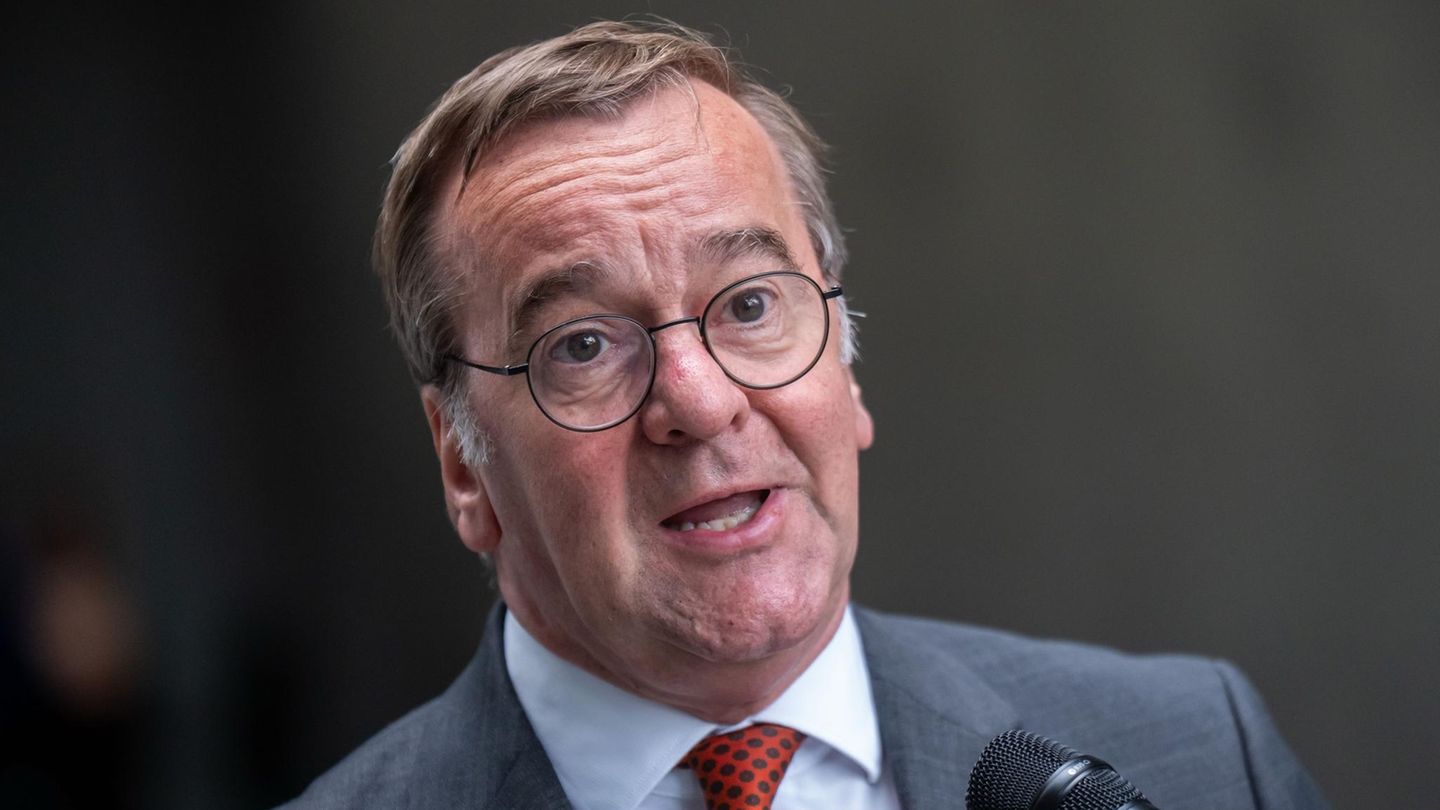The next election in the United States will determine more than just US policy, as its outcome could also influence the performance of the japanese yenas indicated by the Bank of America.
Although it does not follow a clear pattern, Democratic mandates have generally led to the weakness of the yen against the dollar, while the opposite tends to occur under Republican administrations, analysts noted in a statement cited by the Bloomberg agency.
“While it is unclear how the upcoming US presidency will affect USD/JPY, the market may begin to focus on potential implications early. Again, spring could be a key moment for USD/JPY with Super Tuesday on March 5“, they said.
Since Democrat Joe Biden became president, the yen has depreciated 40%the BofA noted, although this is largely due to actions outside the White House.
The decline coincided with the aggressive increase in Federal Reserve interest rates and the continued loose monetary policy of the Bank of Japan.
However, global currency markets are turning their attention to the election, and volatility is increasing between currencies such as the euro and the Mexican peso. The one-year price is starting to rise compared to shorter-term maturities in currency options.
Dollar vs. yen: how the dispute will continue
In the case of the yen, This has led to a four-year high in the difference between one-year volatility and nine months, Bloomberg reported, citing data from JPMorgan.
And while Japan’s central bank is expected to change its loose policy, which would boost the yen, the BofA remains pessimistic about the currency.
This is because historically it continues to weaken after a Federal Reserve pause, even when the dollar falls. A turn toward appreciation tends to begin a quarter before the first rate cut.
While the yen stands at 148 against the US dollar, the bank projects it will fall to a level of 155 in the first quarter, before rebounding to 142 by the end of 2024.
Beyond the election, other risks fueling yen uncertainty will include any changes in the U.S. labor market and global manufacturing, the level of foreign direct investment in Japan and the fiscal policies of both Tokyo and Washington, according to the Bank of America.
Source: Ambito
I am a 24-year-old writer and journalist who has been working in the news industry for the past two years. I write primarily about market news, so if you’re looking for insights into what’s going on in the stock market or economic indicators, you’ve come to the right place. I also dabble in writing articles on lifestyle trends and pop culture news.




